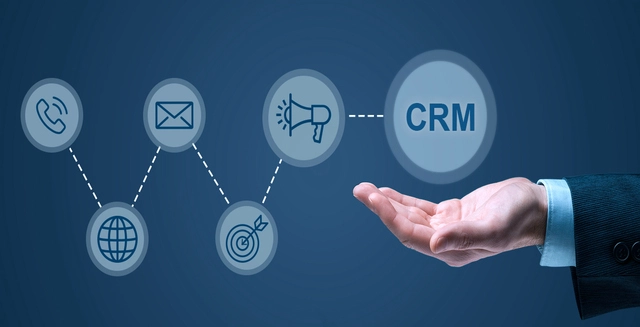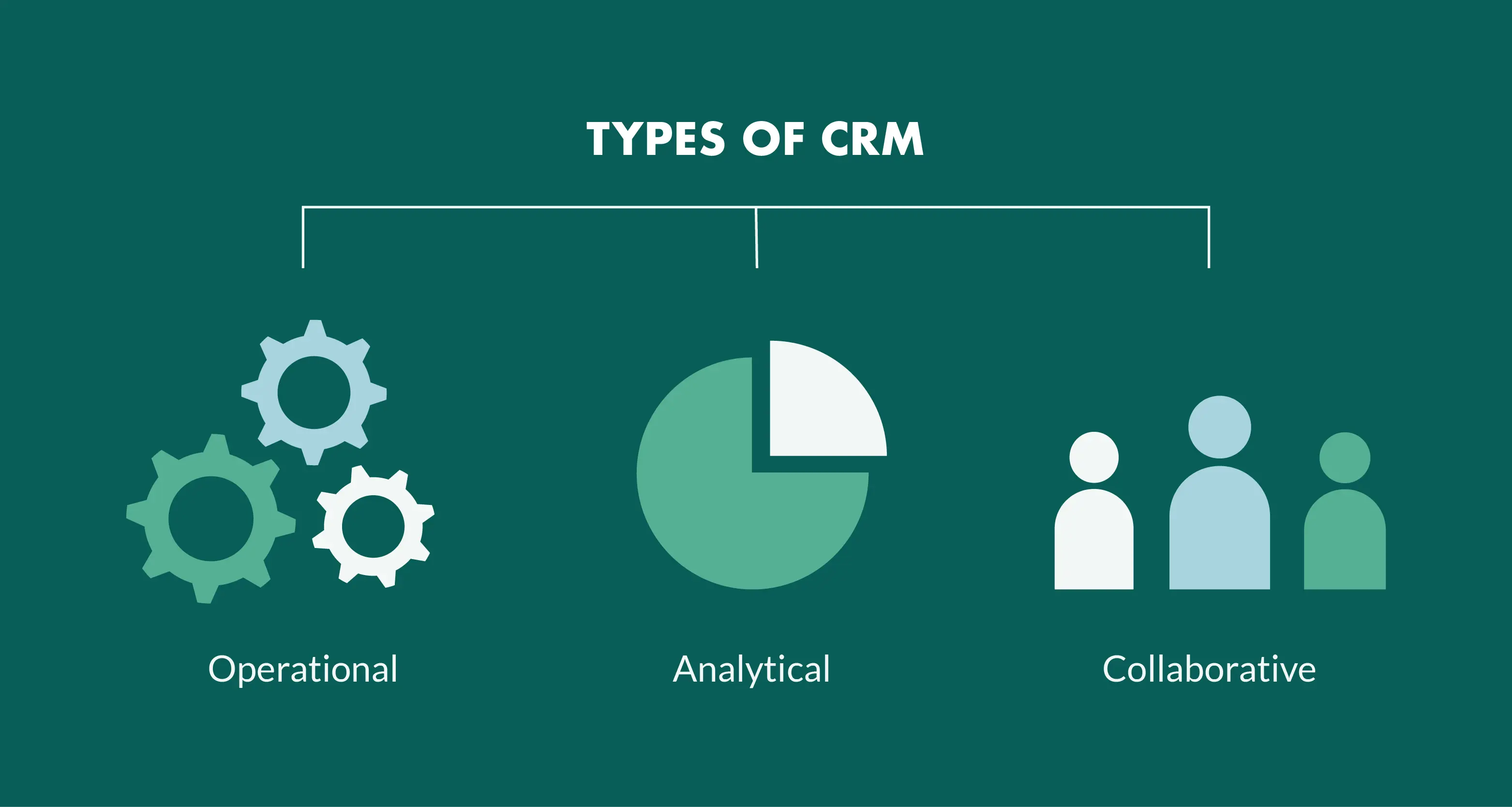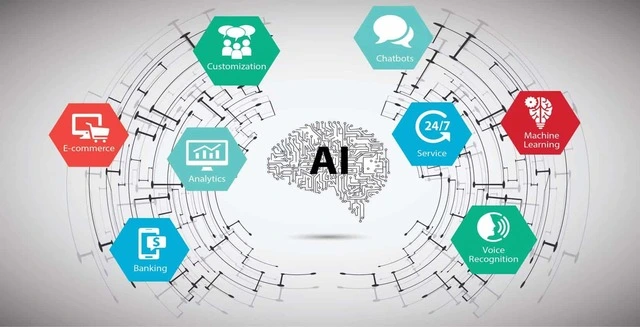
Any successful firm relies heavily on its customer relationships, and maintaining these relationships requires competent management. Customer relationship management, or CRM, is useful in this situation. However, what precisely is CRM? In the current dynamic corporate landscape, establishing a solid and enduring relationship with customers requires a thorough understanding of and definition of CRM. This article will thoroughly explain CRM for anyone wishing to improve business operations by going over its types, components, advantages, and implementation tactics in depth.
What is CRM?
Businesses utilize customer relationship management, or CRM, as a systematic way to manage and track customer contacts throughout the customer lifecycle. CRM aims to enhance customer care interactions, support client retention, and stimulate sales growth.
CRM is the process of organizing, automating, and coordinating sales, marketing, customer assistance, and technical support utilizing technology. CRM systems help organizations better understand their customers' needs by gathering and analyzing data from customer interactions. This helps them offer tailored services and forge deeper relationships.
One cannot stress the value of CRM in today's corporate environment. It provides the framework for developing a customer-centric strategy that puts the needs of the client at the center of all business operations. The key to long-term success is maintaining this focus on client loyalty and happiness.
Key Components of CRM
- Defining CRM: CRM is essentially made up of a few essential parts that cooperate to manage client connections successfully.
- Data Management: Large volumes of client data, such as contact details, purchase histories, and interaction logs, are gathered and stored by CRM systems. grasp consumer preferences and behaviors requires a grasp of this data.
- Customer Interaction Tracking: CRM enables companies to monitor all consumer interactions, including those conducted via social media, phone conversations, emails, and in-person meetings. This guarantees that no question or issue from a consumer is overlooked.
- Sales Automation: CRM systems automate several sales tasks, including forecasting, follow-ups, and lead tracking. In addition to saving time, this automation guarantees the effectiveness and efficiency of sales teams.
These elements are essential to CRM's success because they let companies respond to customers' requirements in a timely and personalized way, which raises customer satisfaction levels. Prominent CRM platforms such as Salesforce, HubSpot, and Zoho CRM provide an array of functionalities that address these elements, hence simplifying the implementation and administration of CRM strategies for enterprises.
Types of CRM

- Describe CRM Categories: There are three primary types of CRM systems, each with a distinct function for a company.
- Operational CRM: This kind focuses on automating procedures that interact with customers, like marketing, sales, and customer support. It facilitates operational simplification and facilitates workflow management and customer interactions.
- Analytical CRM: Analytical CRM is made to examine client information gathered from multiple sources. Businesses can use it to make data-driven decisions by using the insights it offers into customer behavior. This kind of CRM is essential for seeing patterns, gauging the success of advertising initiatives, and projecting future client requirements.
- Collaborative CRM: Interdepartmental communication and cooperation are facilitated via collaborative customer relationship management (CRM). It guarantees that every team, ranging from sales to customer service, has access to the same client data, resulting in a more cohesive and effective method of managing customers.
Companies select the best kind of CRM according to their unique requirements. An operational CRM would be more appropriate for a firm that wants to enhance customer service, but an analytical CRM would be more beneficial for a company that wants to evaluate client data.
Benefits of CRM
- Customer Relationship Management Advantages: A CRM system's implementation has many advantages that can have a big impact on a company's success.
- Improved Customer Satisfaction: CRM systems help companies serve customers in a timely and personalized manner, which increases customer happiness and loyalty.
- Enhanced Communication and Collaboration: Since all departments have access to the same client data thanks to CRM, teamwork and communication are enhanced. The consistent meeting of consumer needs is ensured by this united strategy.
- Streamlined Sales Processes: CRM increases the efficiency of sales teams and boosts conversion rates by automating various parts of the sales process, such as lead handling and follow-ups.
Examples from real life illustrate how powerful CRM is. For example, by using data to better target marketing efforts and enhance customer service, a retail company that deployed a CRM system noticed a large boost in client retention rates.
How to Implement CRM in Your Business
- Steps to Define and Integrate CRM: Careful preparation and execution are necessary when using CRM in your company. For a CRM integration to be successful, follow these crucial steps:
- Select the Right CRM System: Select a CRM system that supports your objectives by taking into account the unique requirements of your company. Look for elements like data analytics and automation solutions that will improve your efforts at customer relationship management.
- Plan the Implementation: Create a thorough strategy that describes the steps involved in the implementation, including deadlines, roles, and training needs.
- Train Your Team: Make certain that every staff member receives enough training on the CRM system. The technical features of the program as well as the deliberate application of CRM to enhance client interactions ought to be covered in this training.
- Integrate with Existing Systems: Ensure that the platforms and tools your company uses, such as email marketing software or e-commerce sites, are integrated with your CRM system. The secret to leveraging CRM's advantages is this integration.
- Evaluate and Adjust: Following installation, keep an eye on the CRM system's functionality and make any required modifications to maximize its efficiency. Deal with any obstacles that crop up, like problems with data accuracy or user uptake.
Future Trends in CRM
- The Evolving Landscape of Customer Relationship Management: Customer relationship management (CRM) is always changing as a result of emerging technologies and trends.
- AI Integration: CRM systems are increasingly using artificial intelligence (AI) to improve customer interactions through chatbots and virtual assistants, automate tasks, and give predictive analytics.
- Automation: CRM systems are getting increasingly sophisticated in their automation tools, which enables firms to automate complex activities like customer segmentation and tailored marketing campaigns.
- Personalized Customer Experiences: Businesses are putting more of an emphasis on offering highly tailored experiences as consumer expectations rise. CRM systems are providing predictive analytics and more sophisticated customization possibilities in response to this need.
Businesses hoping to keep a competitive advantage in customer relationship management will need to stay ahead of these developments.
Conclusion
In summary, Customer Relationship Management (CRM) is a crucial tool for any company looking to establish enduring, solid client relationships. Businesses can make use of CRM's many advantages by comprehending and defining it, selecting the best kind of CRM, and putting it into practice successfully. To keep your company at the forefront of customer relationship management and promote long-term success, stay up to date on developing trends in CRM. Check out our other blog "The Complete Guide to Choosing the Best All-in-One Digital Marketing Platform"
What to read next

